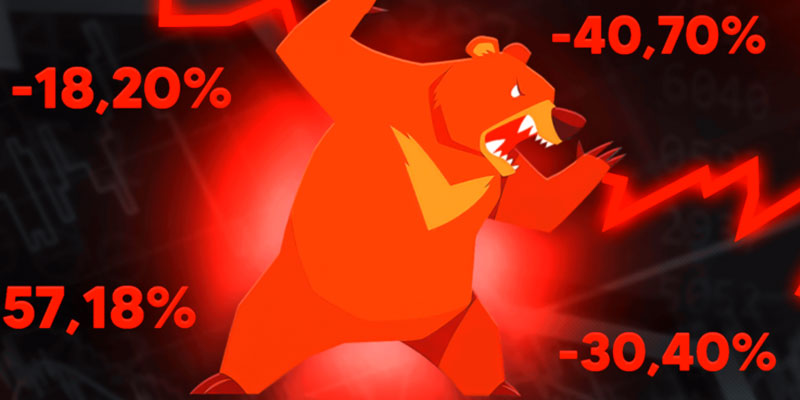ETFs and ETNs are two completely distinct financial instruments, even though their trading is fairly similar. An exchange-traded fund (ETF) is a stake in a collection of assets. These assets may take the form of stocks, bonds, or derivatives such as futures and options, depending on the objectives of the specific ETF in question. When investors purchase an exchange-traded fund (ETF), their funds are pooled together to purchase shares with a predetermined objective, such as replicating the results of the S&''P 500.
On the other hand, an ETN is unsecured corporate debt, and the investor is not buying into a collection of assets when they make this purchase. An exchange-traded fund (ETF) is comparable to a mutual fund, but an exchange-traded note (ETN) is comparable to a corporate bond. ETN returns, on the other hand, are not guaranteed like the interest rates that accompany corporate bonds; rather, they are contingent on how well the monitored index or benchmark does in the market.
How Taxes Differ
ETNs offer various tax benefits over ETFs. For instance, exchange-traded funds (ETFs) often pay out taxable dividends, but exchange-traded notes (ETNs) do not. The payment of taxes on any capital gains that may have been made due to the acquisition or sale of an ETN is not necessitated until the actual closing transaction has occurred. Some ETNs, such as currency ETNs, are handled differently than others. If you are contemplating ETNs, it is highly recommended that you discuss your options with a tax professional.
Avoid Tracking Errors With ETNs
Because ETNs are handled as prepaid contracts, there is no room for mistakes in the tracking process. A note issuer commits to pay a certain rate of return to any investor who holds that note. ETFs are exchange-traded funds that are meant to replicate the performance of an index (without trying to outperform it). However, things may not always work out as we expect them to. The term "tracking error" refers to the performance gap between an exchange-traded fund (ETF) and the index it follows.

Unique Risks With ETNs
ETNs and ETFs are equally subject to the same kinds of dangers. Credit risk is the primary concern when dealing with an ETN. Even when Standard &'' Poor's has given a high credit rating to an issuing bank like Barclays, it does not indicate that the bank is invincible. Big banks have collapsed before. If the issuing bank has difficulties while you have an ETN, the security may default, causing you to lose the money you invested.
The third major danger is connected to the availability of funds. As of 2021, the number of ETFs available to investors is much more than that of ETNs. Because of this, trading ETN positions is likely to be more difficult than trading ETFs. This is because ETFs are in significantly greater demand than ETN holdings.
Although the two highlighted hazards are unique to ETNs, the risk of market performance is something that ETFs and ETNs face. For instance, if the purpose of an exchange-traded note (ETN) is to duplicate the performance of the S&''P 500 and the S&''P 500 experiences significant losses, then the returns on your ETN will reflect those losses. As with certain ETFs, some ETNs are structured as leveraged or inverse ETNs; these investments carry an increased level of risk.
ETNs to Keep an Eye On
Perform your due diligence and carefully examine the available investment research before you commit any money to it. Keeping an eye on the performance of ETNs is one approach to getting started. The following are some ETNs that you may want to keep an eye on.

- iPath Bloomberg Commodity Index Total Return ETN: DJP
- iPath Long Enhanced MSCI Emerging Markets Index ETN: EMLBF
- iPath EUR/USD Exchange Rate ETN: EROTF
Before engaging in any transactions, ensure that you have conducted exhaustive research on each note. Observe how they respond when faced with varying market situations. Learn what information is included in each note, as well as the information that is contained in the underlying index or benchmark. When trading leveraged and inverse ETNs, which frequently contain derivatives, it is vital to have this concept well understood. Always get advice from a financial expert, such as a broker, financial adviser, or financial planner, if you have any questions or concerns concerning an exchange-traded note (ETN).



